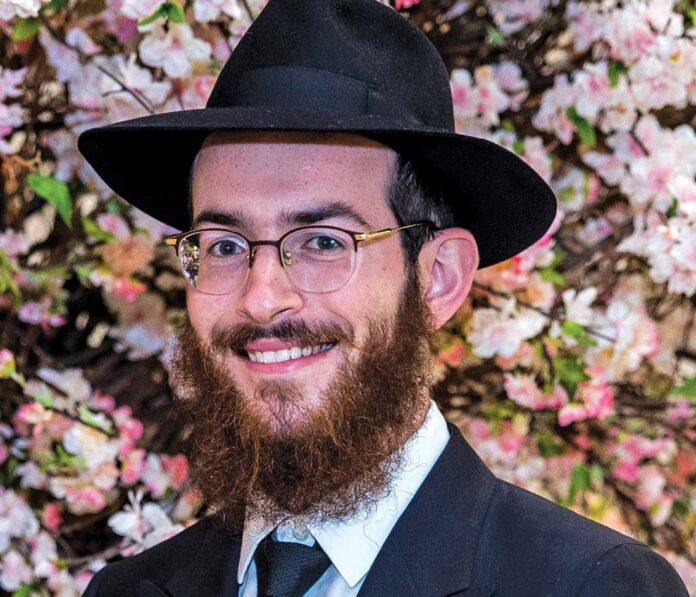Our nation is facing a new crisis.
Our young people are battling mental health issues, depression and self-harm at rates far, far higher than older generations. A study by Murmuration found that members of Gen-Z—people born between 1997-2012—are about twice as likely as older Americans to battle depression. Suicide rates in young people are skyrocketing; 18% of Gen-Z high schoolers have said they’ve struggled with suicidal ideation.
For someone battling depression, the freedom we’re privileged to experience in this country may feel like a facade. They may feel that they are very much enslaved in their own mind, struggling to break free of the emotional bonds that threaten to overwhelm them each day.
Of course, people living with depression and suicidal ideation should seek professional help, and this column does not substitute for that. That being said, there is a lot we can take from a very ancient crisis to help us overcome the one we now face.
More than 3,300 years ago, the Jewish people were enslaved in Egypt. They were trapped inside the world superpower, a country from which it was said that no slave had ever escaped. They had been enslaved for 210 years—for context, the United States is 246 years old. Imagine being born into a family where all that your parents, grandparents, great-grandparents remember is servitude.
But then everything changed.
Sent by G-d, Moses courageously faced Pharaoh and demanded that the Jews be set free. Pharaoh refused, and 10 miraculous plagues struck Egypt, laying low the slave state. After the 10th and final plague, Pharaoh finally acceded, and just like that, three million Jews who had been slaves for generations were free.
But, we are taught, while their physical freedom took place in an instant, their mental freedom took far, far longer. Some still complained, “Is it not better for us to return to Egypt?” The generational mindset of servitude could not be altered overnight. It took 49 days of hard work, during which the nation worked toward becoming truly free, before they could stand at Mount Sinai and receive the Ten Commandments from G-d—servants only of Him, not of any mortal.
Today, we are free. But each of us has our own Pharaoh—the internal limitations holding us back. They may be physical, psychological, emotional—even financial. They may not be visible, but they are very real. At Passover, which we will celebrate April 5-13, we will remember that only G-d has power over us—not any human being, and not even our own personal “Pharaohs.”
We’ll eat the unleavened Matzah, known as the Bread of Healing, and we will pray that while this year, we may still be enslaved, next year, we shall be free.
I’d like to share that freedom with you. Chabad South County Jewish Center has handmade shmurah matzah for anyone celebrating Passover; please feel free to reach out to me to receive some.
And may we all experience true freedom.
Rabbi Mendel Liberow is the director of Chabad South County Jewish Center in Morgan Hill, which offers Jewish education, outreach and social service programming for families and individuals of all ages, backgrounds and affiliations. For information, visit JewishMH.com. Please be in touch with any comments, questions or feedback at so**************@***il.com.
Anyone who thinks they are suffering from a mental health crisis can call the National Suicide Prevention Lifeline by dialing 988.














